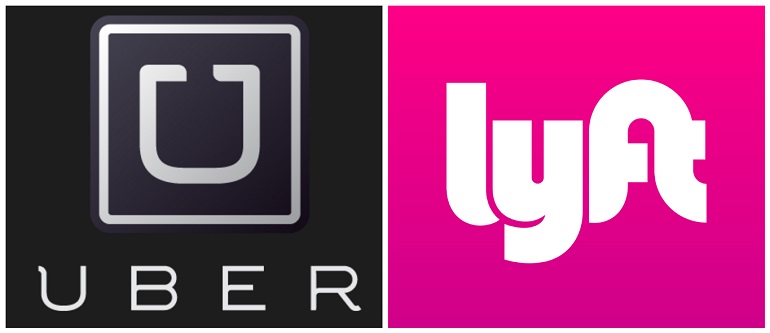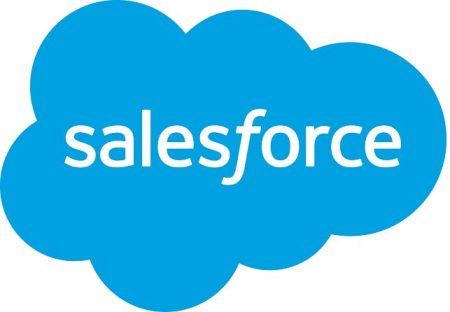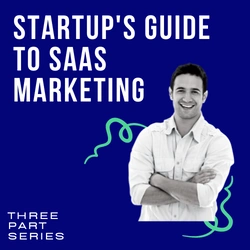Updated: September 12, 2021
Shark or Chum? How To Be Unapologetically Ruthless To Survive And Grow Just Like These Brands
Whether you call yourself an entrepreneur, CEO or business owner or whether you refer to your business as a startup, upstart or small business – I can make the following assumptions:
- You are fairly new to your market and have not distinguished yourself yet.
- Your marketing budget is limited and lean.
- You’re not sure how to identify your business, meaning your brand identity isn’t determined and set in stone just yet.
- You’ve likely decided to showcase personality (good decision) and in that you’ve chosen kindness (we’ll discuss that in a bit).
Democracy doesn’t work in business. For all of its many advantages, the rule of the many is slow, with too many arguments and not enough progress. Businesses first starting out must be lean and swift and adjust to change quickly. Small businesses and startups require one voice, one vision and one decision-maker.
Speed is vital, and it takes a strong leader to make the quick decisions required in the early days. If you don’t have a sink or swim mentality as a leader – you need to hire someone who does.
Nice Business Leaders Do Finish Last
A good leader must be tough as well as decisive. You must know that some of your decisions will upset many, that’s leadership.
If you became a leader to ask others their thoughts and feelings and seek consensus before reaching a decision – walk away.
The popularity of your leadership at your business will not make your company stronger. If you appease everyone, they’ll like you, but your business will fail, and they’ll all be unemployed.
It’s time to choose. Are you the shark or the chum in the water?
Ruthlessness Is A Choice But Not In The Way You Think
If you have this vision in your head of business owners and entrepreneurs like Steve Jobs just sitting around reluctantly making difficult decisions that upset many to save their company, please stop. There’s no truth to that.
You don’t choose to be ruthless. You choose to either survive and thrive or to fail and lay off your people. When I say ruthlessness isn’t a choice, what I mean is that you’re not making the choice to be ruthless. You’re making the choice to succeed, and ruthlessness is the unfortunate method you’ll have to use.
Justifiable Reasons You Must Be Ruthless As A Business Leader
Be Ready To Pounce on Competitors
Being a good leader in those first few years is also being ready to take advantage of any weakness and any blood in the water from your competitors. Ruthlessness is how you build your company into a household name. If a competitor made a mistake, figure out how you can capitalize on it immediately.
Protect The Company Vision
A company can't move forward without a strong, unifying vision. It is your responsibility to protect and enforce that vision at any cost, despite all risks and personal stress. Employees and customers alike need something they can understand and get behind - vision provides that centralizing force. And you must maintain it at any cost.
Weather The Unpredictable Storms
Even the strongest and most resilient vision and business plan can't predict everything. Business, much as life itself, is unpredictable at times. Economic crisis, unexpected recessions, catastrophic natural disasters are always possible. A strong leader knows that it is during these rough times that the most difficult decisions are often required.
Drive The Team
It is your job to assemble the best team possible to propel the business forward in difficult times. It is also your job to understand that not everyone is a good fit. Even nice people can be disruptive, difficult, or even toxic in a workplace. You must put the needs of your business and your team first and remove anyone that does not enhance the vision and strength of the whole.
Maintain Morale & Company Culture
A great leader has assembled a great team. To maintain such a team requires structure and stability, strength and decisiveness. If your team is surrounded by toxic coworkers, chaos and indecision, productivity and morale nosedives. As a leader, it is your duty to define, refine and impose the culture of your company and brand. It's also your duty to ruthlessly eliminate those who don't fit that culture and build morale. You must reward conformity and remove distractions.
Examples of super shady, ruthless things companies we all know did when they first started out.
Lying, cheating, stealing, these are concepts that most consider fall within the range of ethics. But when you’re running a company with livelihoods on the line, those ethics become a matter of perception. Take a quick look at some unethical and at times ruthless things your favorite companies did in their early days.
Note: I’m including the lesser known, ruthless things companies have done in their early years. I am purposefully not digging into the many ruthless tactics of Amazon, Microsoft, etc. as they are well-known and documented.

Uber’s initial business practices were not just shady, at times, they were downright ruthless.
In the early years of the ride-sharing wars, Uber (more than once) had employees order thousands of rides from Lyft. Once the drivers were committed and unavailable to other customers, the Uber employees canceled the rides. This skyrocket Uber’s use and also resulted in the company developing a less-than-earned reputation for dependability and availability.
This practice went on for months in multiple cities.
Uber also was known to have instructed employees to order hundreds of rides from Lyft, with the driver told to drop off the passenger at Uber headquarters. Once the Lyft driver parked for the passenger to disembark, they were treated to a poaching pitch to ditch Lyft.
That may just seem shady to you unless you look at it from a Lyft driver’s perspective. It cost those self-employed drivers’ money, time and ratings. It also drove down the well-earned positive reputation of Lyft drivers nationwide.
In case you were wondering where these two competitors stand today (as of March 2021):
- Uber is valued at $102 billion
- Lyft is valued at only $21 billion

The founder of Salesforce has a history of taking risks to seek publicity for the company, but his ruthlessness and ambition often comes at a price.
The $200+ billion-dollar cloud computing company, hired fake protestors to disrupt their competitor’s conference.
CEO Marc Benioff then rented out all the taxis at the event, so everyone had to listen to him deliver a 45-minute pitch about Salesforce.
When you first read that, I’m sure you thought it was clever, but what about those taxi drivers and that competitor who had to hire a PR firm to deal with the publicity surrounding a fake protest?

The well-known professional social network used one in particular ruthless practice to skyrocket its own growth. LinkedIn tricked its own users into importing and inviting their contacts to join the platform. The company didn’t ask permission to import and invite your contacts to join their platform.
This tactic wasn’t seen merely as ruthless to support the company’s growth, but violated a few laws in the process. In 2015 LinkedIn settled a class action lawsuit over the marketing tactic, but it worked.
In 2016 Microsoft bought the platform for $26.2 billion. Fast-forward to present day, and LinkedIn has over 722 million users.

Were you aware that Facebook is built on a firm foundation of spamming? It’s true. Disgusting and unethical as it sounds, but absolutely true.
The largest social network in the world had to be ruthless in its infancy. Without a big marketing fund, Facebook founder, Mark Zuckerberg, turned to spam. Mark accessed the email addresses of all Harvard students, and he spammed them for months with Facebook invites.
The tactic worked. The success led Mark to repeat the process with other colleges throughout North America, allowing Facebook to grow rapidly. Millions of students joined the new social network because it kept spamming their inbox.
Facebook is currently a $1 trillion dollar company.
In Conclusion
Stop apologizing for doing what must be done to succeed. As a startup or a small business, you’re already at a disadvantage. You’re working hard to build a brand, company vision, proud and capable team and to outwit your larger competitors with massive marketing budgets.
You simply can’t grow a business by being nice. Bill Gates, Steve Jobs, Estee Lauder and the list goes on. Every successful CEO, founder and owner who has built a formidable empire did so by being unapologetically ruthless. Don’t try to reinvent the wheel.
In the choice of shark or chum, choose shark and do it without regret.
You can always donate to charity over time as every other successful business leader.



It’s the sales page where the magic happens. This is the page that gives you a return on your marketing investment. It is on this page where we convert visitors to paying customers. Do you know the valuable elements of a high-converting sales page? You will soon. Keep Learning >

Content marketing is the backbone of the biggest success stories over the last decade. I’m referring to companies like Zomato, Canva, ThinkGeek, HootSuite and even Blendtec. It’s not surprising that so many brands are focusing on content marketing, given the average ROI is twice any other type of digital marketing. Keep Learning >



